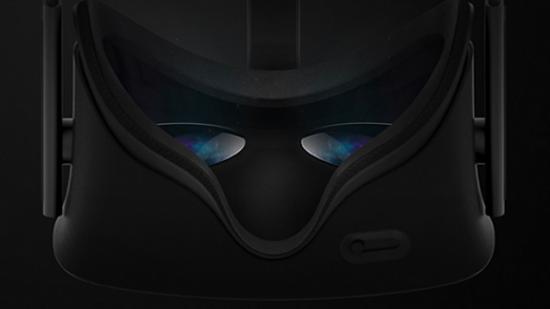PC hardware giants AMD have announced their intention to muscle in on the VR market – they’re partnering with the likes of Oculus Vr, Dell, Alienware and Asus to bring a line of ‘Oculus-ready’ PCs to consumers. The alliance has been gathering members for a while now, but today’s news marks a big statement of intent from AMD, and a line in the sand drawn between themselves and NVIDIA.
You’ll still be able to build PC that can hack Oculus gaming using NVIDIA hardware, of course – it just won’t have the official sticker on it. AMD’s LiquidVR technology and Graphics Core Next architecture puts it in a good position to get behind VR – it has the tech, now it just needs to pin its signature red to the Oculus mast.
“It’s an exciting time to be at the heart of all things Virtual Reality,” said AMD’s alliances and content corporate VP Roy Taylor. “I’m confident that with Dell and Alienware, we can enable a wide audience of PC users with extraordinary VR capabilities powered by AMD Radeon GPUs.”
AMD’s LiqiudVR tech – essentially a platform for ultra-fast, low latency graphics processing – is designed to minimise sickness and discomfort while using an Oculus headset. Sickness is caused by a delay between moving your head in a direction and the image catching up – “motion-to-photon latency,” in AMD’s words. with LiquidVR developers will ostensibly have the tools to minimise this and thus save your living space from unfortunate regurgitation-based incidents.
As previously reported, the official Oculus-ready machines from Asus, Alienware and Dell will start at $999, but that price excludes the Oculus VR headset itself, which will cost a further $350. Exact specs aren’t being mentioned, but expect the pricing to increase significantly with increased storage options and the like.
